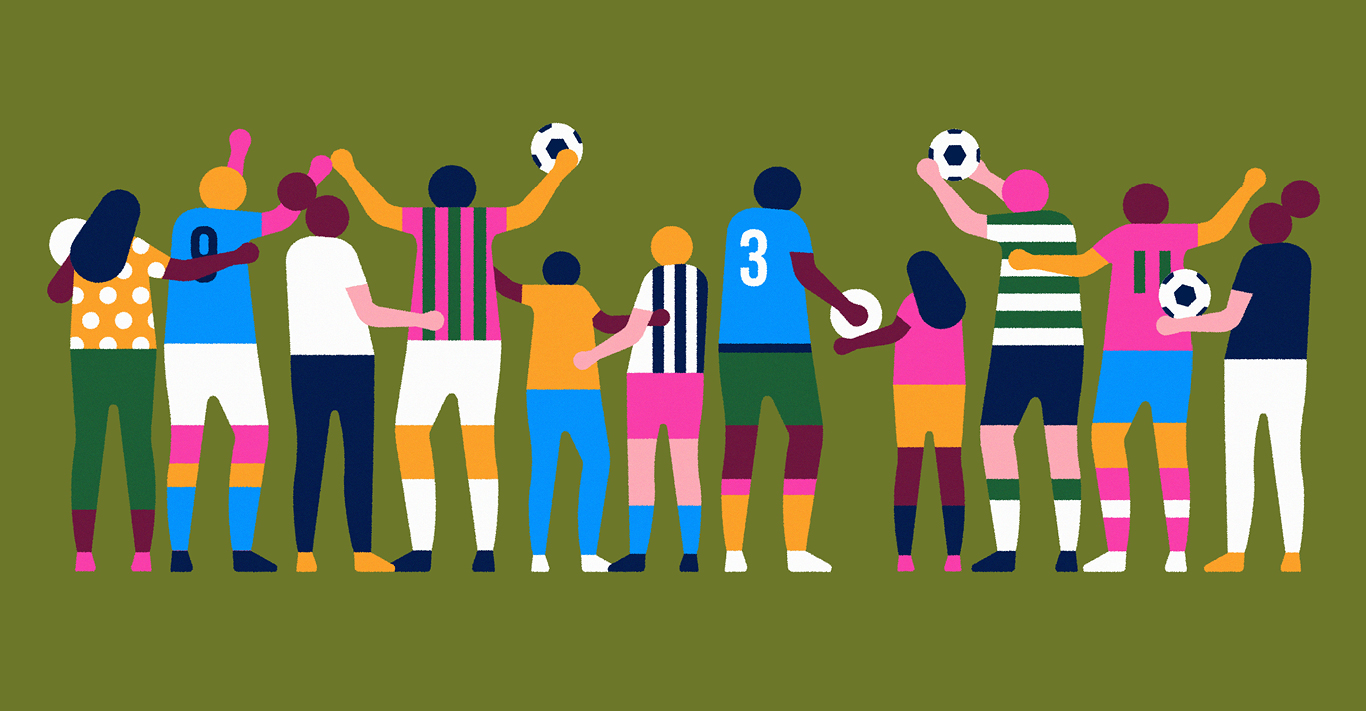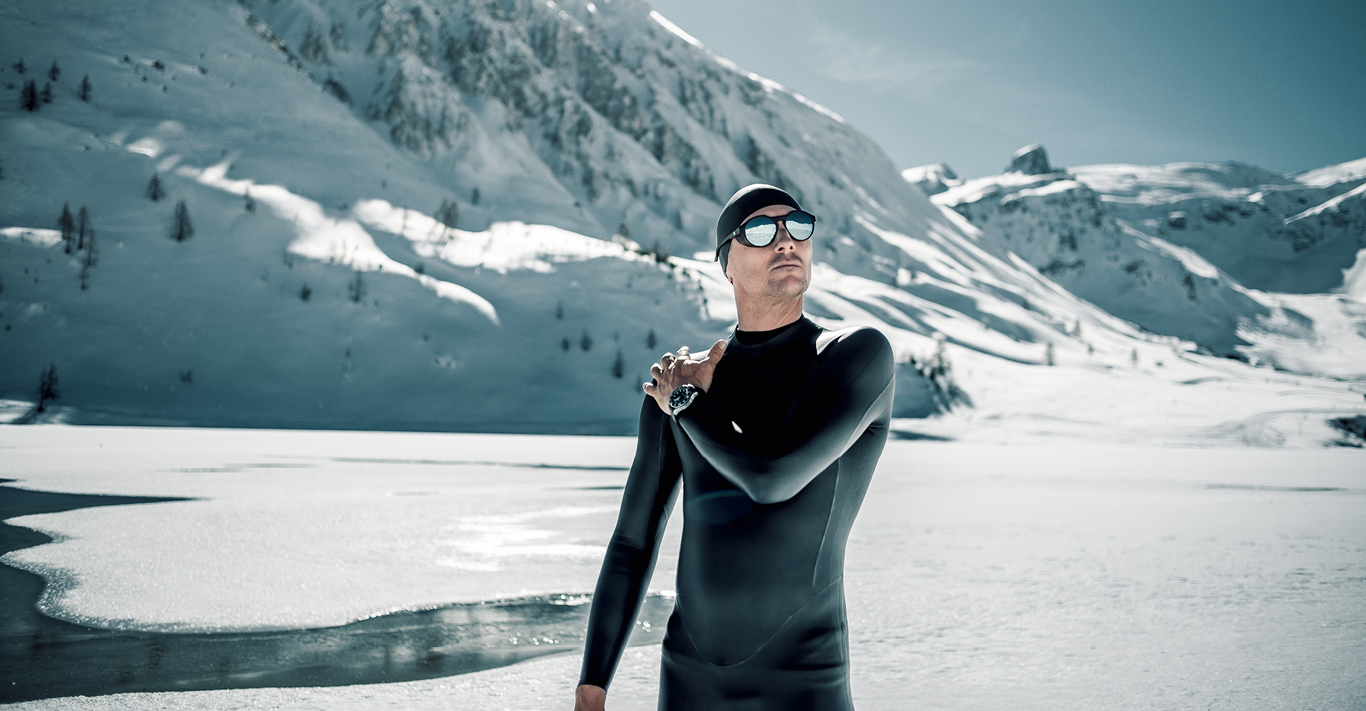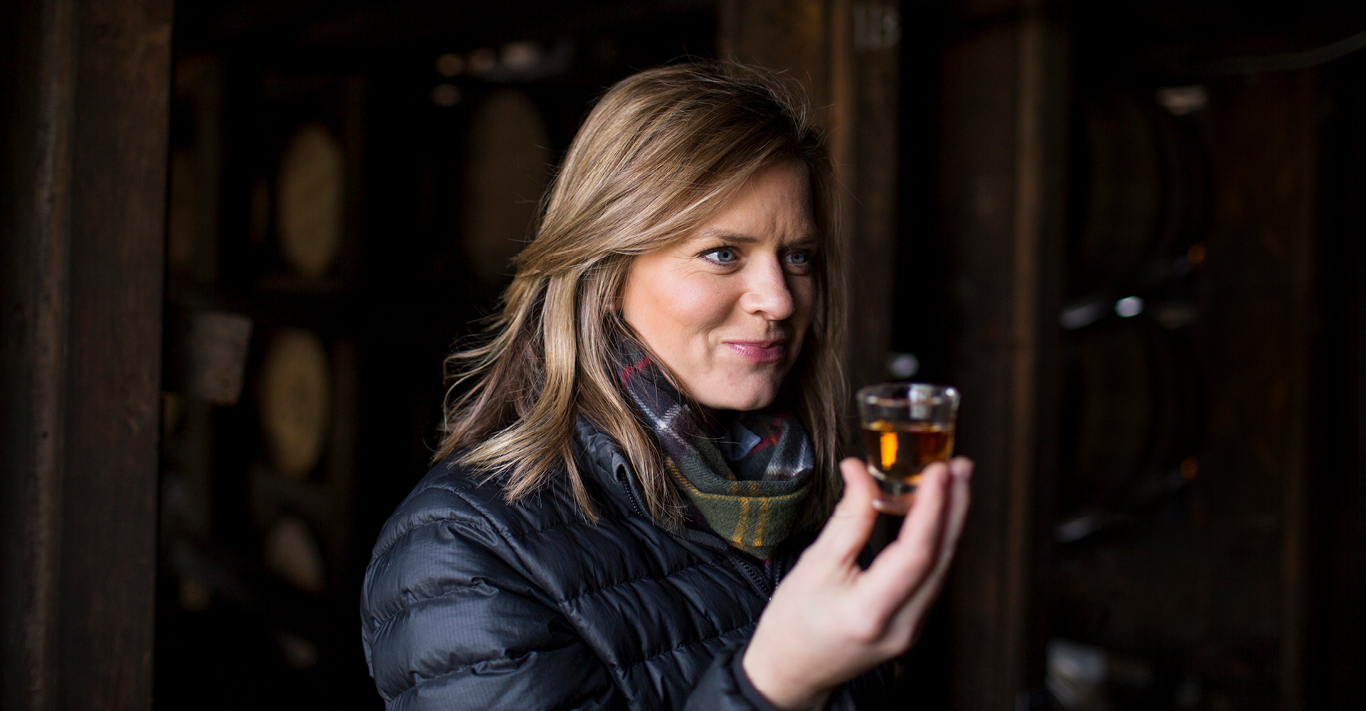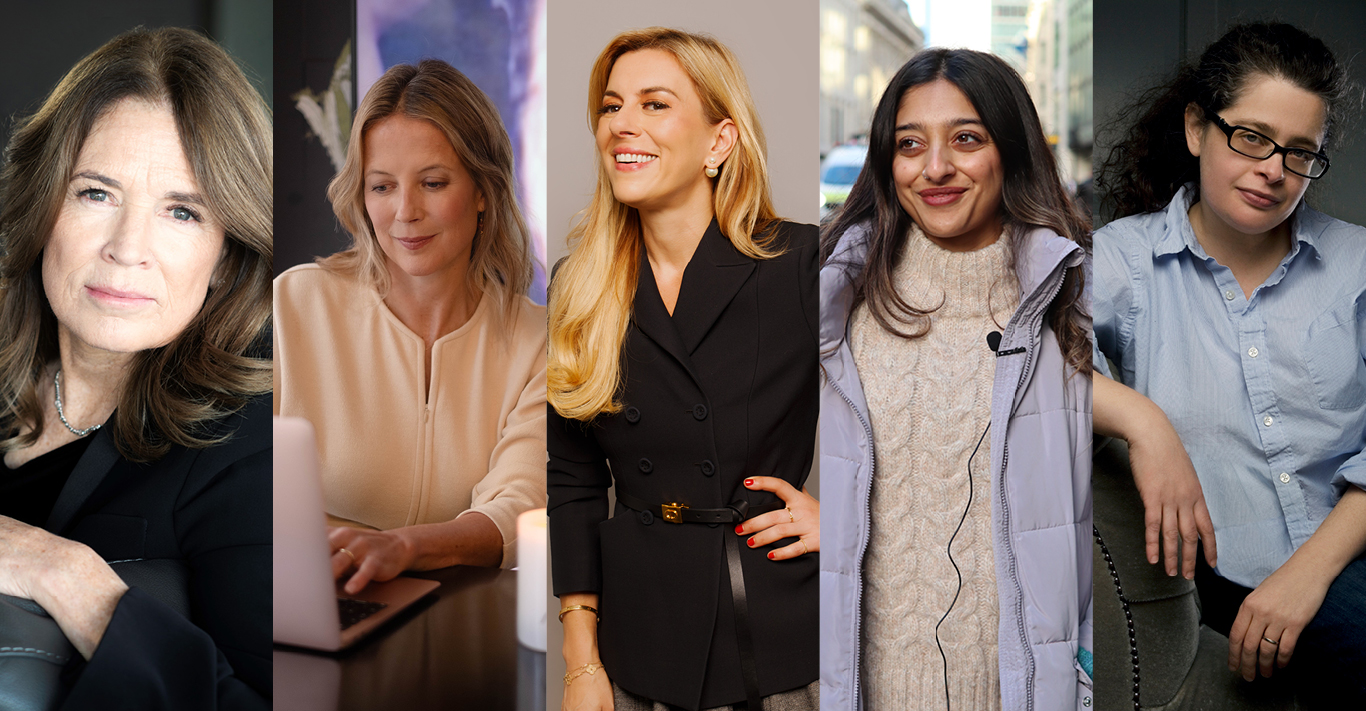WORDS
Amy Raphael
ILLUSTRATION
Giacomo Bagnara
In August 2016, a few months after the Brexit referendum, I came across drone footage of kids playing football in Aleppo’s dusty, desolate ruins. Just two lads kicking a ball back and forth with not a single other person in view. I knew millions had fled Syria since the civil war started in 2011, but the empty streets of Aleppo made me wonder exactly how many. So I looked up some statistics.
More than 5.6 million people have fled Syria since 2011. (The pre-war population was around 22 million, so a quarter of Syrians have left their country.) Millions more are displaced inside Syria. Around the world, 57 per cent of refugees come from three countries – Syria, Afghanistan and South Sudan. An unprecedented 70.8 million people are forcibly displaced worldwide, of which 25.9 million are refugees. Half of them are under 18. To put it in different terms, one person is forcibly displaced every two seconds.
And Britain had just voted – among other things – to tighten, if not shut, its borders.
I wanted, like so many, to find a way of keeping the conversation about displaced people going. Why? Because, put simply, Britain thrives on its diversity and multiculturalism. We have, I believe, a global responsibility to look after each other. We are better together.
I thought again of the boys kicking a ball about a city that used to be thriving. They were doing what children do – trying to bring some normality to their lives despite everything. I recalled footage of kids in refugee camps playing football. Football is the most popular sport in Syria and, indeed, across the world. It’s matched only by the Olympics in terms of its global reach. According to FIFA, the 2018 World Cup was watched by almost half the world’s population. It’s a global sport with a global language.
It’s easy to criticise football because of the sheer amount of money involved in it these days, but it also has a developing sense of social responsibility. Since its inception in 2006, Soccer Aid, an annual televised game in which retired footballers play against celebrities, has raised more than £35m for Unicef UK.
Ten years later, in 2016, Amnesty International started its Football Welcomes weekend to ‘celebrate the contribution refugees make to the game’. (By 2019, the British clubs taking part in this initiative had trebled to 160, with free match tickets and stadium tours given to refugees and people seeking asylum.)
You don’t need to look far to find immigrants playing at the very highest level across the world. Zlatan Ibrahimovic, the retired Swedish international who has played for teams including Ajax, Juventus, Barcelona, Milan, Manchester United, PSG and LA Galaxy, has a Bosnian father and a Croatian mother. Kylian Mbappé, the France and PSG striker, has a Cameroonian father and an Algerian mother. France, Switzerland and Belgium have teams built on the sons of immigrants – Romelu Lukaku and Vincent Kompany are just two Belgian players of Congolese descent.
To continue the discussion about displaced people going, I came up with the idea of asking famous football fans to meet their heroes for a charity book that raises money for refugees. I asked the actor David Morrissey, a Goodwill Ambassador for UNHCR, the UN Refugee Agency, to help me draw up a list of potential fans and footballers. In March 2017, we travelled to Lebanon with UNHCR to meet various Syrian families, so that I could see the work they were doing on the ground.
We met families living in an abandoned shopping mall in Beirut, the children’s blank faces impossible to read. We met Syrian teenagers who had seen family members drown as they tried to get to Greece by boat. We talked to a young couple with a son who were due to be resettled in England. Their respective mothers had travelled from Syria on a bus to say goodbye, but they were crying so much they could barely speak. The young couple knew they were the lucky ones, but at that moment it didn’t much feel like it.
Back home, Morrissey and I asked Gary Lineker, an outspoken supporter of refugees on Twitter, to write a foreword to the book, A Game of Two Halves, and to help us get some of his Match of the Day and BT Sport colleagues on board. Between October 2017 and May 2019, 12 fans met 12 footballers and managers. I sat in on and moderated all but one (crime writer Val McDermid and Raith Rovers manager John McGlynn) of the interviews.
It was fascinating to watch footballers and managers open up to their famous fans; most were far less guarded than they would be with a journalist. David Morrissey got Steven Gerrard talking about his England and Liverpool days with candour, despite his evident reserve. Clare Balding and Lucy Bronze had a heated discussion about how women’s football needs proper, across-the-board support. Frank Lampard agreed to talk to Omid Djalili for an hour, but they were still getting on famously two hours later.
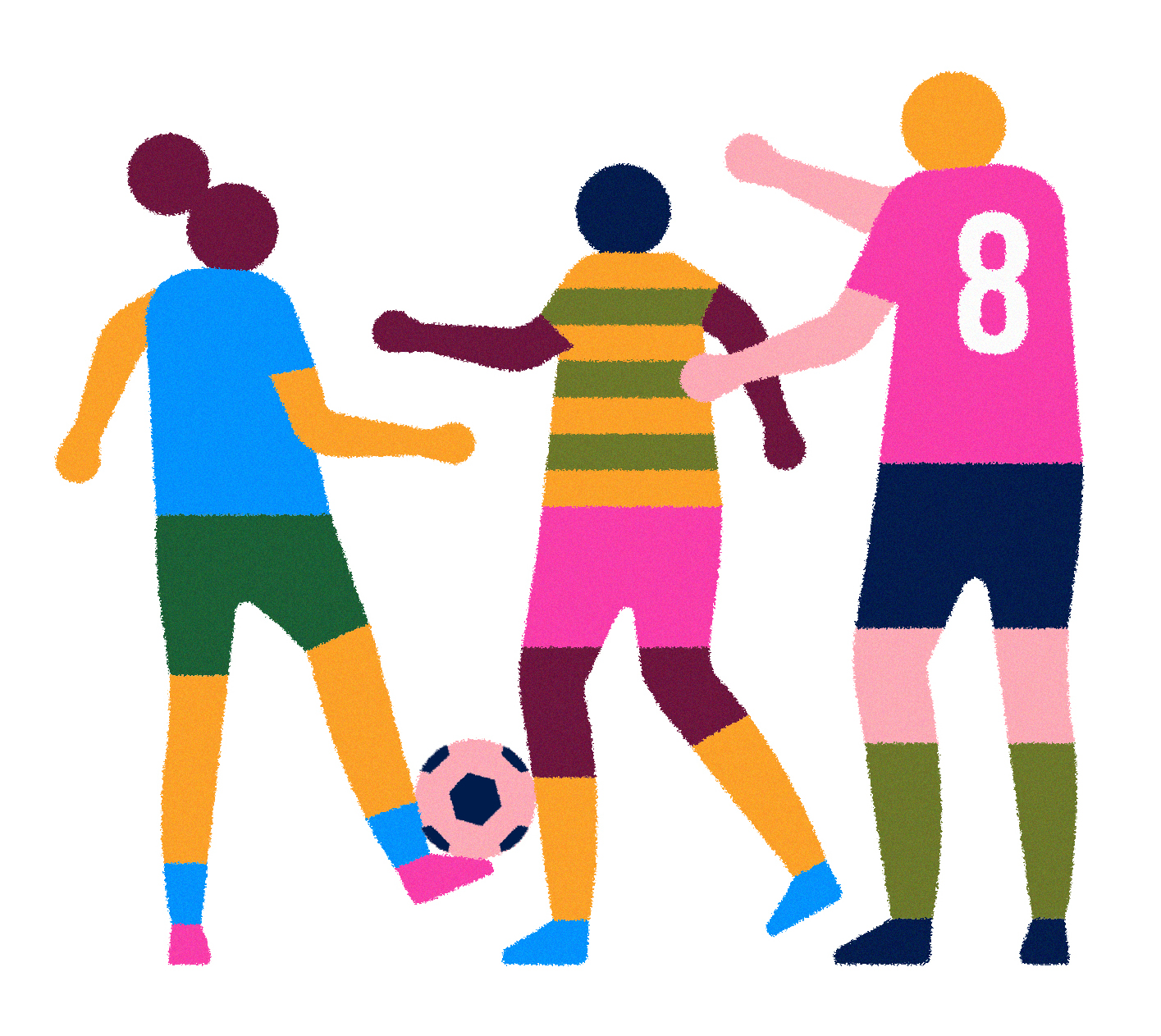
Romesh Ranganathan and Héctor Bellerín got so carried away chatting about veganism and social media that the fashion-conscious Arsenal defender didn’t have time to get changed out of his tracksuit before going to see Ricky Gervais live, while Wretch 32 and Ian Wright finished each other’s sentences. A personal highlight was spending an afternoon with Pep Guardiola and Johnny Marr at Man City and the next with Jürgen Klopp and John Bishop at Melwood, Liverpool’s training ground. Marr asked the City manager about his apparently endless collection of round-necked cashmere jumpers and then Pep, upon learning I am a Liverpool fan, teased me remorselessly but not unkindly. Klopp did not disappoint, talking almost non-stop for half of the interview about Germany, politics and Brexit.
When the comedian that we’d teamed up with Raheem Sterling dropped out, I asked if the England striker would write a second foreword to sit alongside Lineker’s. I knew he could write; his social media posts about racism are eloquent as well as heartfelt.
Despite the goodwill shown by everyone in the book, Eric Dier had to cancel his meeting with David Lammy at Tottenham’s training ground with just half an hour to spare, and it was only later that we found out Dier’s appendix had been about to burst. When they eventually did the interview in parliament, Dier surprised us all by asking Lammy about the London riots. At this point, I still wasn’t sure Sterling would find time to actually write a foreword.
Forty-eight hours later, an email arrived with a poignant, impassioned piece of writing that was almost perfect – I was, of course, happy to forgive Sterling his overuse of ellipses. As he wrote, Britain is great because ‘we are diverse, we are cultured, but most importantly we are one’.
A Game of Two Halves: Famous Football Fans Meet Their Heroes by Amy Raphael (£14.99, Allen & Unwin). Half of all royalty earnings from the book will be donated to United Nations High Commissioner for Refugees; unhcr.org


